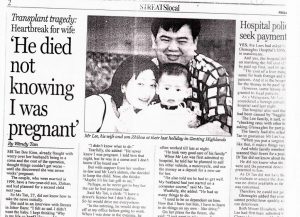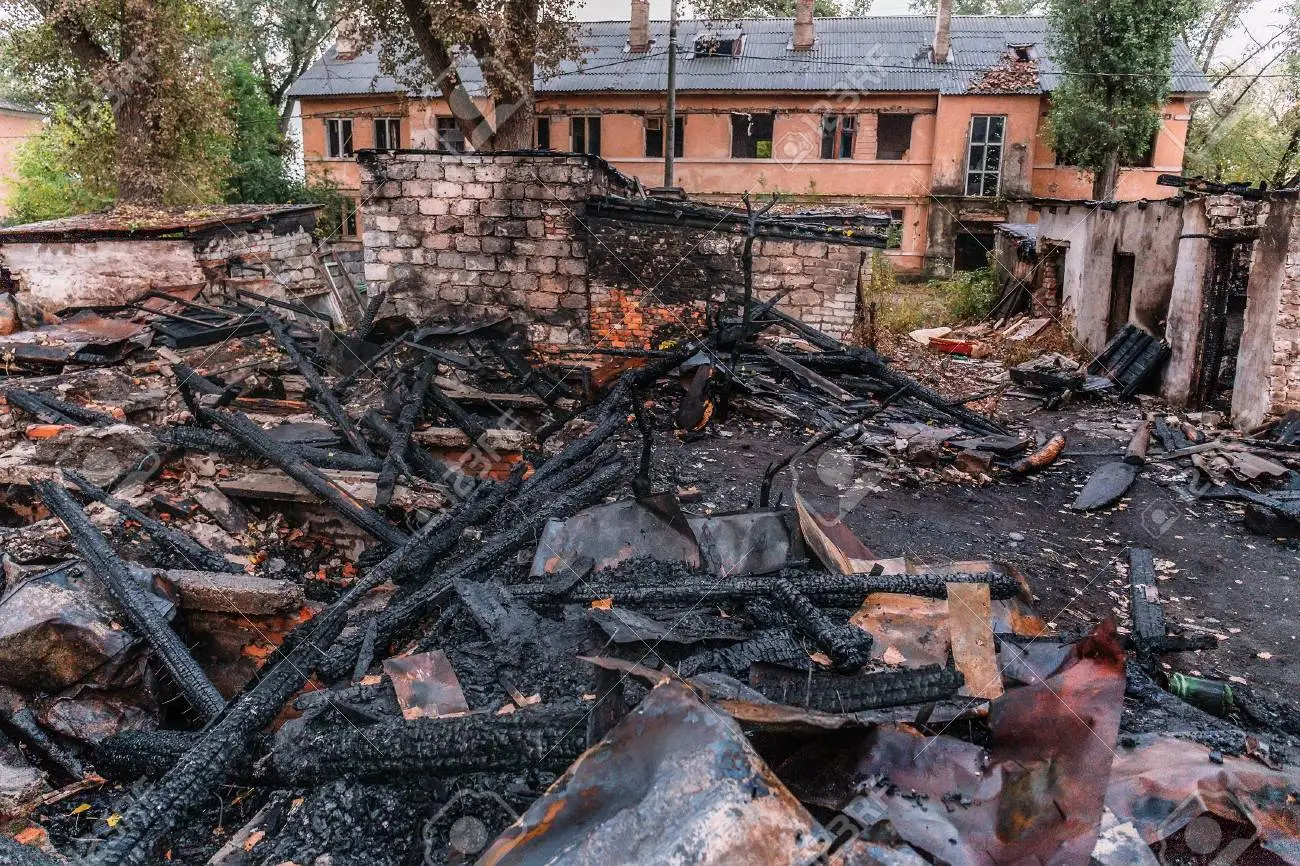1 principle: utmost good faith binding insured and insurer. The principle of utmost good faith, also known as “uberrimae fidei,” requires both the insurer and the insured to act honestly and disclose all relevant information when entering into an insurance contract. Here’s a true-to-life example in the context of general fire insurance: Example: Scenario: John […]
Category: general insurance
Alert! utmost good faith binding 2 parties
Alert! utmost good faith binding 2 parties Alert! utmost good faith binding 2 parties. In the bustling town of Kluang, Mr. Tan, a diligent and ambitious businessman, decided to expand his ventures by purchasing three shop lots from a reputable housing developer. He approached a local bank for a loan to finance this significant investment. […]
Insurer sadly denies your medical claim
Nowadays, with the rising medical cost, a cashless admission medical card, but the insurer sadly denies your medical claim. The insurer cheats. Let us dive in to determine why the insurer denies your medical claim. Firstly, we need to understand the importance of the principle of utmost good faith. This legal notion, known as uberrimae […]
Does Travel Insurance Cover Earthquakes and Tsunami?
Never Trust what the bank says about insuring a house loan. Never trust what the bank says about insuring on a house loan on fire insurance. Don’t take the bank for granted. Let us dive in, looking at two different scenarios. After signing the Sale and Purchase agreement with a developer with a ten percent […]



